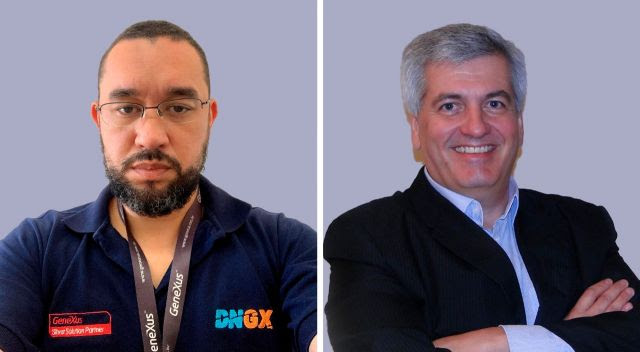 *By Ricardo Recchi and Denis Nascimento
*By Ricardo Recchi and Denis Nascimento
There is no doubt that Covid-19 has driven all sectors to Digital Transformation, especially the health sector which, given the consequences of the pandemic, had the practice of Telemedicine authorized by the government, having to adopt digital resources to continue providing care, avoiding this way, unnecessary trips to hospitals.
This scenario favored healthtechs – startups that bring innovative technological solutions to the health area. According to data released by the consultancy District, in Brazil two healthtechs are created per week. In addition to the growth in number, startups received investments of approximately 52 million dollars until June 2020, an amount 37% higher than the contributions made in 2019, which totaled 38 million reais.
Digital natives, startups quickly adapted to Telemedicine, but now, is this modality here to stay? Approved on a special basis until the dissemination of Covid-19, online medicine has already completed one year, reaffirming the uncertainties about its end date. In other words, adaptations to hospital institutions will not end anytime soon.
In order to keep up-to-date in the face of such transitory government changes and determinations and, moreover, to stand out in this weekly more competitive sector, the key word has been agility. After all, innovative solutions are essential to adapt care and services to the online environment, maintaining the quality of communication between patients and professionals, but they are not enough.
At this point, it is important to remember that online consultations are no longer the differential to be adopted by the practice of Telemedicine. In reality, this is the basics. The innovations are now about the possibilities of providing a whole range of services, such as the doctor prescribing a specific exam and, during the service, providing a calendar for scheduling the patient, for example. This is the way to achieve more assertive and strategic hospital management with less financial impact and, above all, positive experiences for patients.
Currently, Brazil is considered the eighth largest health market in the world among almost 200 countries, but there is still a lot to be explored and resolved, as problems in this sector abound. In this sense, helthtechs must prosper, adding the agility and adaptability of their DNA to healthcare institutions to resolve urgent issues.
Through low-code developments, a technology that optimizes programming languages, it is possible to monitor the volatility of government policy and decisions, controlling the impacts on the healthcare sector and preparing it to maintain up-to-date and qualified care.
While the future of the healthcare sector remains uncertain, agile developments are “a confirmed presence”. There is still a range of drugs that cannot be prescribed through digital channels, in addition to numerous other decisions to be taken, which means that we can expect new government changes soon and, to keep up with them, it is essential to have agile developments.
*Ricardo Recchi is country manager at Genexus Brasil, a global developer of software products based on Artificial Intelligence. Denis Nascimento is director of DNGX, a consultant and developer of GeneXus systems.
Notice: The opinion presented in this article is the responsibility of its author and not of ABES - Brazilian Association of Software Companies













